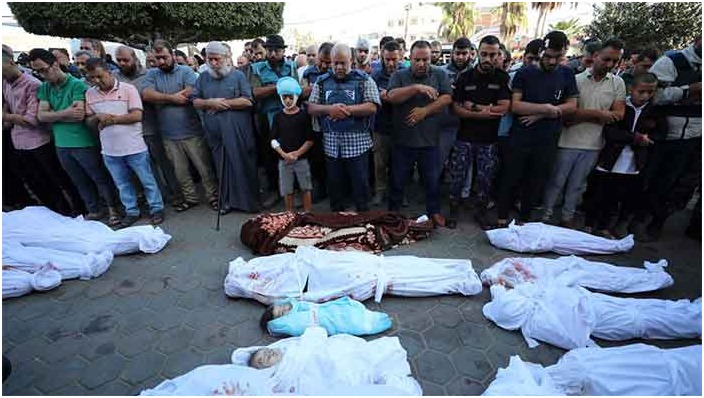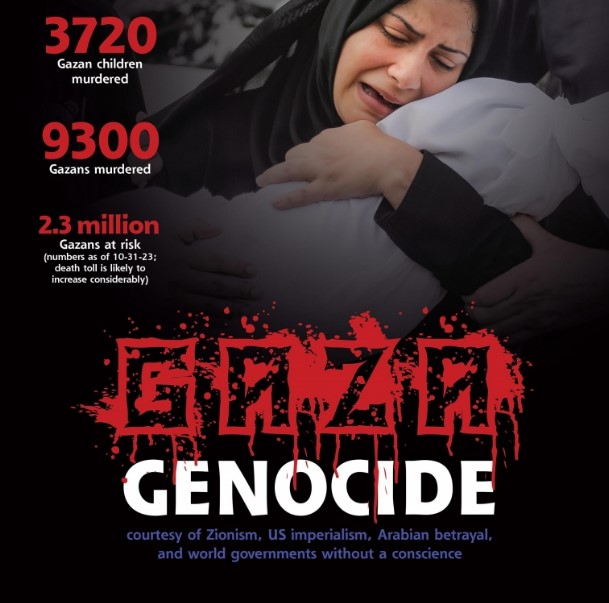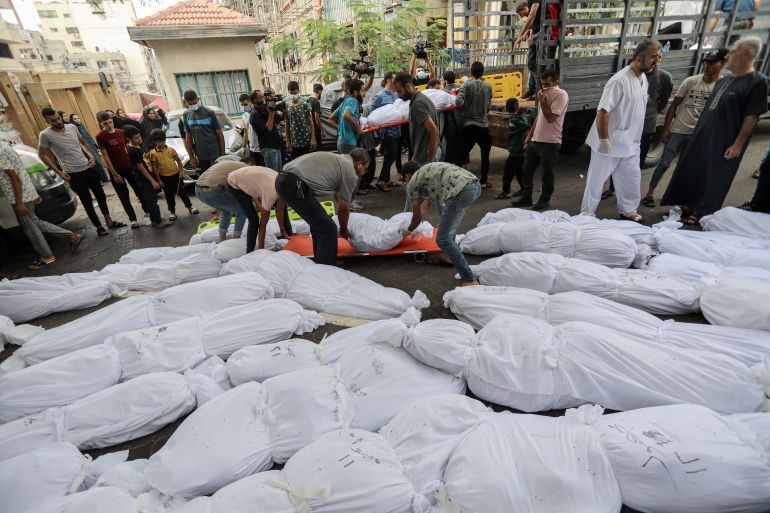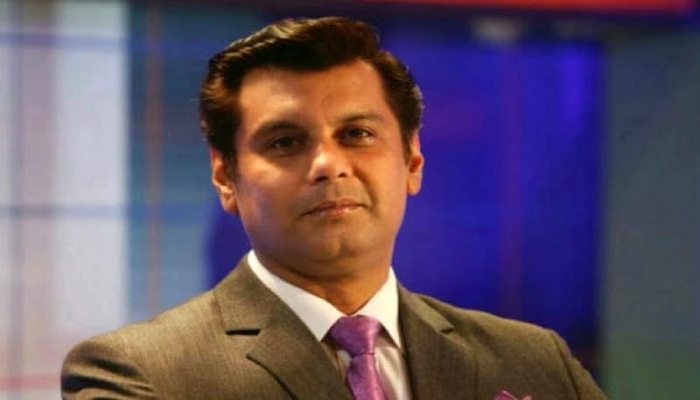Geopolitics of Rohingya Crisis-Rohingya issue is not isolated
0 comments | by Rajeev Ahmed

The timing of the current Rohingya crisis is very crucial because the crisis surfaced again at the time when the Sino-Indian relation worsened due to Doklam standoff and the tension in Korean peninsula are heated up. Geopolitically, the current Rohingya crisis is a potential Anglo-Saxon globalist plot that is being executed by regional players to disrupt the Chinese envisioned and Russia endorsed projects BCIM corridor.
Rohingya issue is not isolated and immune from the US grand strategy of ‘War on Terror’ or ‘peace through strength’ campaigns which are primarily designed to contain the alternative world order proposed by China and Russia. Since British made ground for Bamar-Buddhist terrorism is already there, and now the globalists have been creating a fertile ground for Islamic terrorism by inflicting, provoking and fueling ethno-religious hatred amongst the people of South Asia. And by supporting the ruthless Myanmar army, India exposed herself as the regional mastermind of an Anglo-Saxon atrocious plot to install high-intensity chaos which has been leading to genocide and enormous refugee crisis in the Bay of Bengal region.
Keeping the timing of current episode, analysts believe that recent Rohingya crisis can reshape the map of South Asia if the conflict spread as a sectarian war and two regional powers India and China clash with each other using their proxy forces. It is apparent that the US has successfully infiltrated into the alternative multipolar BRICS bloc through Modi-Doval’s India. Doklam standoff, North Korean crisis and the recent Rohingya crisis are connected incidents to execute a heinous plot to halt and blackmail the China led infrastructural and maritime projects in the Bay of Bengal and Indian Ocean region.
Interestingly, it appears that Indian Prime minister Mr. Narendra Modi is acting very aggressive and well-tuned with the west in South Asian regional politics in order to create a geopolitical and chaos barricade for Chinese ventures. To add some diplomatic, regional geopolitical value and solidarity to the army atrocities against the Ethno-religious people, Mr. Modi will be visiting Myanmar on 5-7 of this month. Many analysts believe that during his visit to Myanmar Modi will pursue RSS envisioned “Hindu-Buddhist peace zone” in South Asia to confront China-Pakistan axis. Precisely, that is the prime focus of the old world order and sadly, India is exhibiting herself as the Anglo-Saxon pawn in this great game of the Bay of Bengal. On the other hand, impoverish but developing Bangladesh as the neighboring country of Myanmar has been suffering the most from the refugee crisis.
Mr. Ashin Wirathu, according to the time magazine, is the executive mastermind behind the Buddhist terrorism on Muslims in Myanmar. Time magazine titled him as the Burmese Bin Laden. He is powerful enough to lead from behind the military state system of Myanmar. And his power lies mostly in Rashtriya Swayam Sevak or RSS of India. Three years ago, the New York Times reported in its editorial that the leader of the radical Sri Lankan Buddhist group Bodu Bala Sena, Mr. Galagodaththe Gnanasara claimed that he was in discussions “at a high level” with the right-wing Indian Hindu group Rashtriya Swayam Sevak to form what he called a “Hindu-Buddhist peace zone” in South Asia and Mr. Ram Madhav, the general secretary of India’s governing Bharatiya Janata Party, has written comments sympathetic to Bodu Bala Sena and Mr. Ashin Wirathu’s notorious group 969 in Myanmar on his Facebook and Twitter accounts. In that editorial, the New York Times concluded that,” it is folly for the governments of Mr. Rajapaksa in Sri Lanka, President Thein Sein of Myanmar and Prime Minister Narendra Modi in India, or their political allies, to give even the appearance of tolerating these Islamophobic groups in a region that have too often been convulsed by religious sectarian violence. They should condemn this mad alliance before it can spread further.”
It is true that several Muslim populated countries including Saudi Arabia, Malaysia, Pakistan, Indonesia and Bangladesh have been assisting those Rohingyas by giving them shelters, humanitarian aid, and diplomatic supports, but it is also true that the western world tried hard to keep the issue alive for decades so that they can manipulate the crisis to fulfill their geopolitical and geostrategic objectives in the Bay of Bengal region. At the same time, the western media appears failed in reporting the truth out of the crisis when they colored it with religion and terrorism ignoring the concept of basic human rights for a group of minority people.
As a state, Myanmar has severe bad records of human rights violation. Forced labor, human trafficking, and child labor are common in Myanmar. In 2017, Women’s League of Burma reported that Myanmar military was also notorious for rampant use of sexual violence as an instrument of control, including allegations of systematic rapes and taking of sex slaves by the military, a practice which continues till date. A 2002 report by The Shan Human Rights Foundation and The Shan Women’s Action Network, License to Rape, detailed 173 incidents of rape and other forms of sexual violence, involving 625 girls and women, committed by Tatmadaw (Myanmar Army) troops in Shan State mostly between 1996 and 2001. The report said that the Burmese military regime was allowing its troops systematically and on a widespread scale to commit rape with impunity in order to terrorize and subjugate the ethnic peoples of Shan State.
Guy Horton, a British human rights researcher and a friend of Michael Aris, the late husband of Burma’s main opposition leader, Aung San Suu Kyi, described in his 600 page report, titled Dying Alive, that the persecution of groups such as the Karen, Karenni and Shan is largely unseen by the world. Mr. Horton compared it with the treatment of the Jews by the Nazis. “It is more like the gathering of the Jews in the Warsaw Ghetto by the Nazis, rather than the mass killing of the death camps.”
This, however, has received little attention from the international community since it has been more subtle and indirect than the mass killings in places like in Rakhaine state against Rohingyas. There are reports of severe violence against Christian communities as well such as the Kachin has also flared since fighting restarted in June 2011 in the 2011–2012 Kachin Conflict.
In the South Asian context, a militarized state with the worst human rights records should not get international support rather it’s leaders should face trial for their crime against humanity. The 1945 London Charter of the International Military Tribunal (Nuremberg Charter), Article 6(c) clearly defined the crime against humanity as “murder, extermination, enslavement, deportation, and other inhumane acts committed against civilian populations, before or during the war; or persecutions on political, racial or religious grounds in execution of or in connection with any crime within the jurisdiction of the Tribunal, whether or not in violation of the domestic law of the country where perpetrated.”
According to United Nations Commission of Experts who investigated the violations of international humanitarian law committed in the territory of the former Yugoslavia described ethnic cleansing as “… a purposeful policy designed by one ethnic or religious group to remove by violent and terror-inspiring means the civilian population of another ethnic or religious group from certain geographic areas.” From every aspect of these definitions of crime against humanity and ethnic cleansing, it is apparent that Myanmar Army has been committing international crimes against the Rohingya people for decades, and that monstrosity has already killed 10 thousand Rohingyas and displacing more than 1 million.
These military barbarisms have been meeting small but periodic resistance from more than 10 different ethnic and ethno-religious armed groups active within Myanmar including Arakan Rohingya Salvation Army, Kachin Independence Army, Kuki National Army, Ta’ang National Liberation Army, Zomi Revolutionary Army. Since the British made such military state Burma (Myanmar) is an ethnically diverse nation with 135 distinct ethnic groups, many believe that such British supported army state with several armed oppositions groups failed to bring peace and harmony amongst the people within that artificial Burmese boundary which was drawn hastily just after the second world war. Later the army state of Myanmar turned into a brutal machine of the regional ethno-religious oppressors and exploiters. Since the people and the state of Myanmar have become hostile to each other, it is now time to dismantle the British engineered oppressing machine.
Since Bangladesh is a Muslim populated country, the general people are very sympathetic to the fellow Muslims who are being oppressed in Myanmar and consequently the public opinion has been creating severe domestic political pressure on the current government to act in favor of Rohingyas. The Bangladeshi government, who were reluctant to address the Rohingya sufferings in the past, has been changing its stance backing the Rohingyas ahead of the national parliamentary election. Although this new position of the Bangladeshi government is being hailed by Muslim world leaders, it is expected that this stand is going to create a diplomatic row between BJP government of India and Bangladeshi government of Awami League.
Therefore, China shouldn’t stand idly regarding the Rohingya issue or any regional crisis in South Asia. Chinese silence will be interpreted as her weakness in confronting Anglo-Saxon hegemony and its regional pawns. The people of South Asia want harmony and social justice which China has been practicing domestically for the Chinese people. If the west led sectarian chaos breaks out in Myanmar, China will see an influx of refugees and a security crisis as there were reports that the Myanmese planes and artillery shells had crossed the border several times and inflicted casualties on Chinese civilians.
So, as China has major economic and security stakes in the South Asian region complementary to the Belt Road initiative, it is time for China to exert necessary diplomatic, strategic and political influences to mitigate the West and India brought chaos in South Asia.
DISCLAIMER: The views and opinions expressed in this article are solely those of the author and do not reflect views of LISA.





